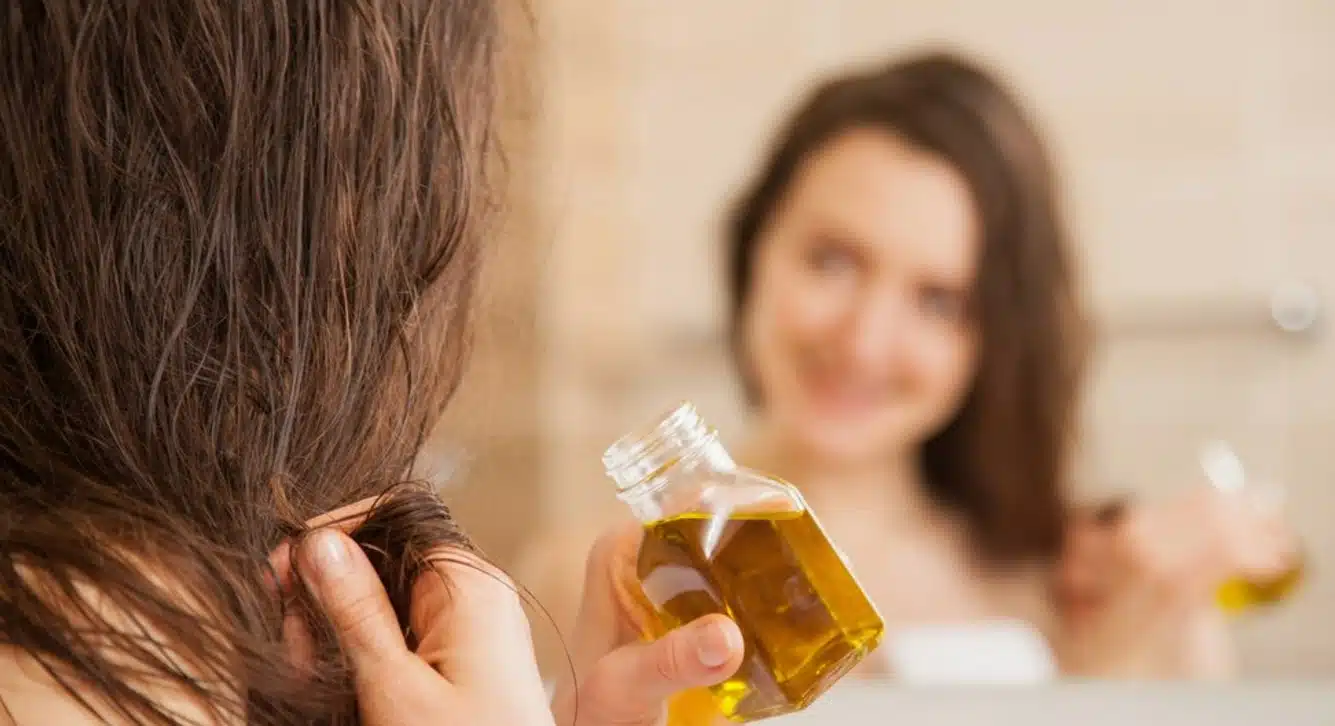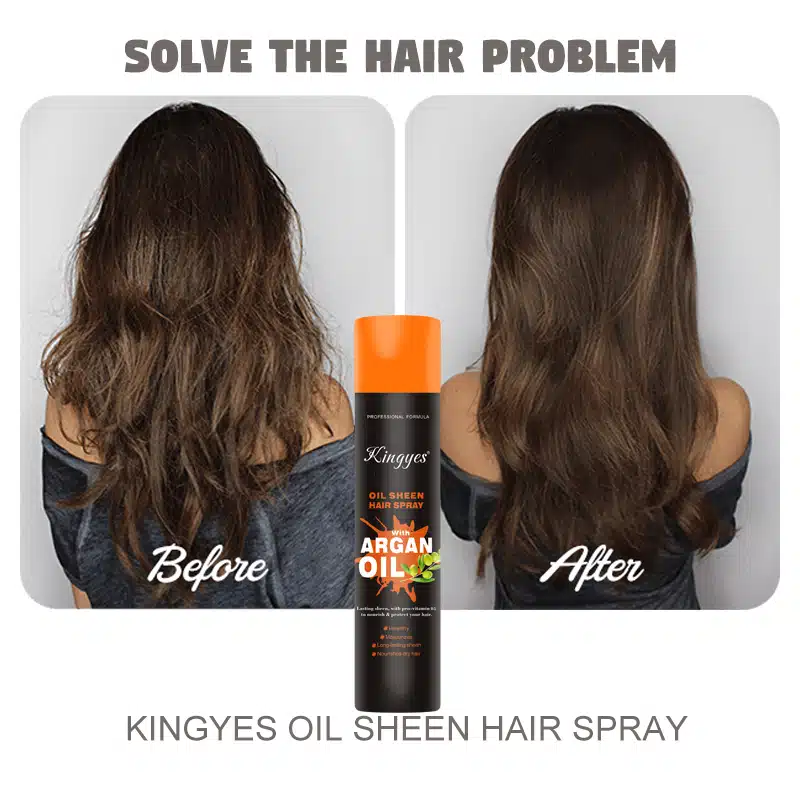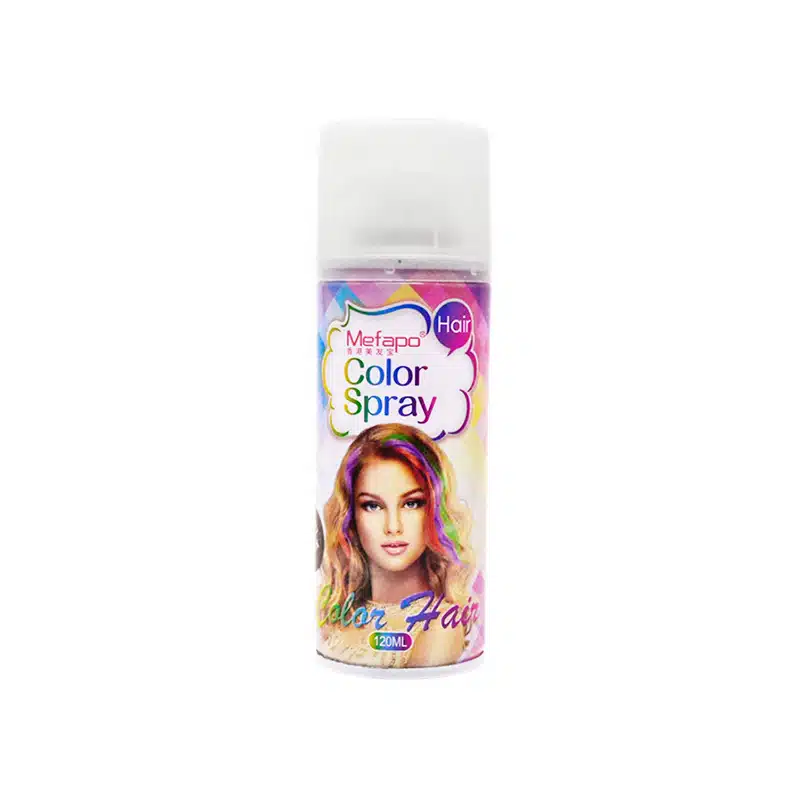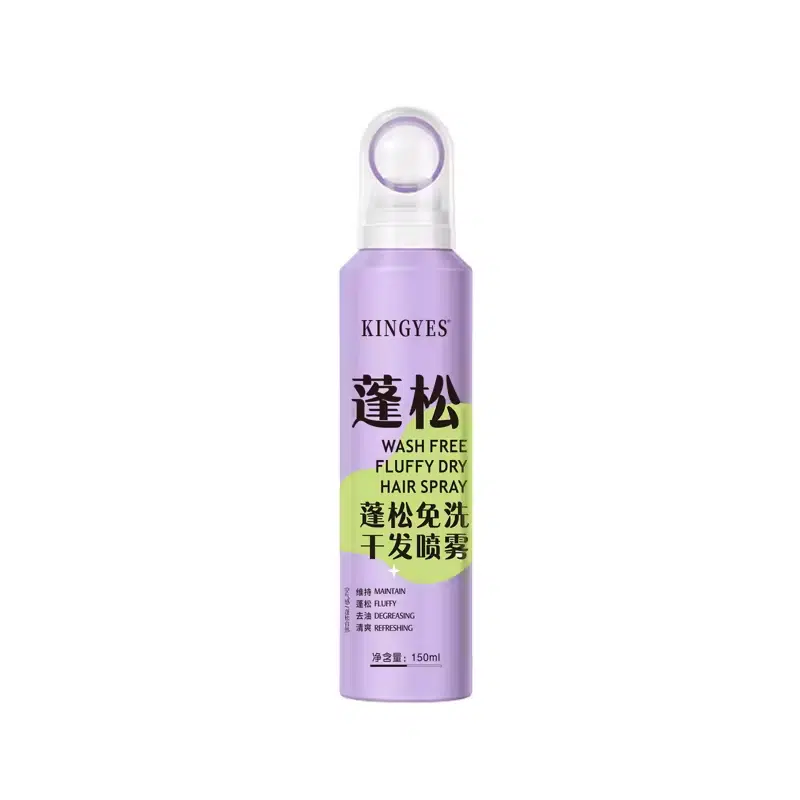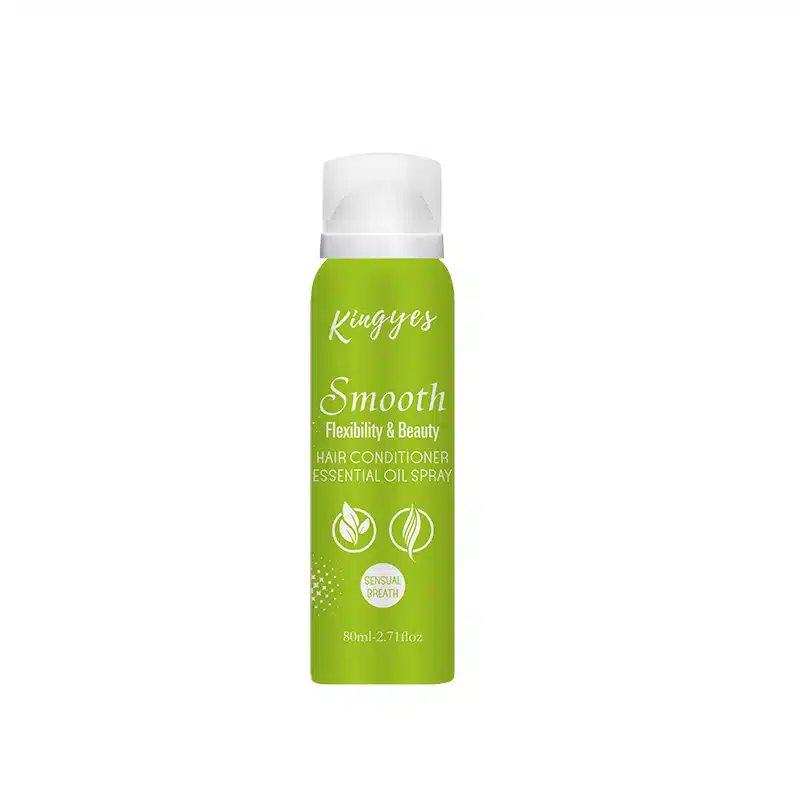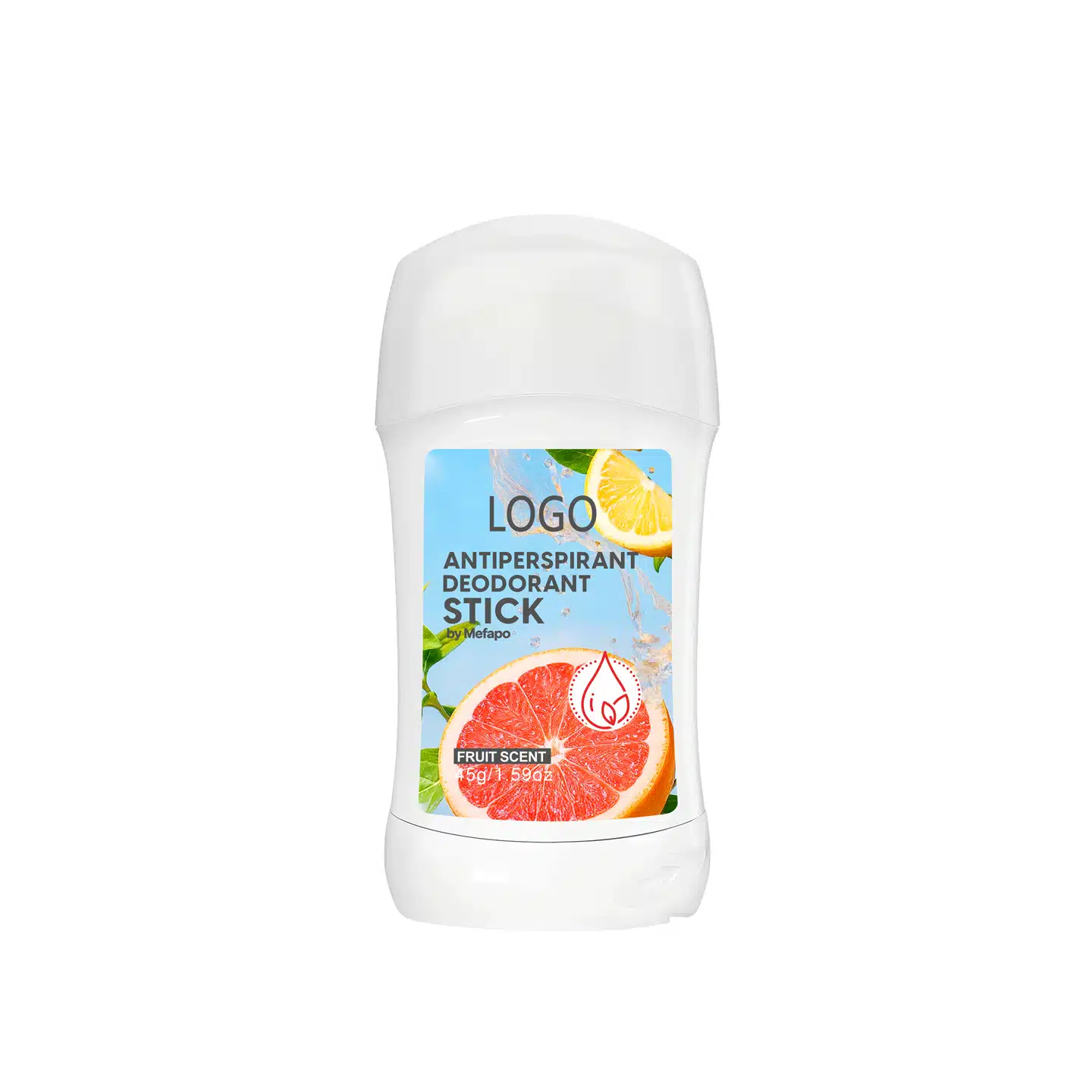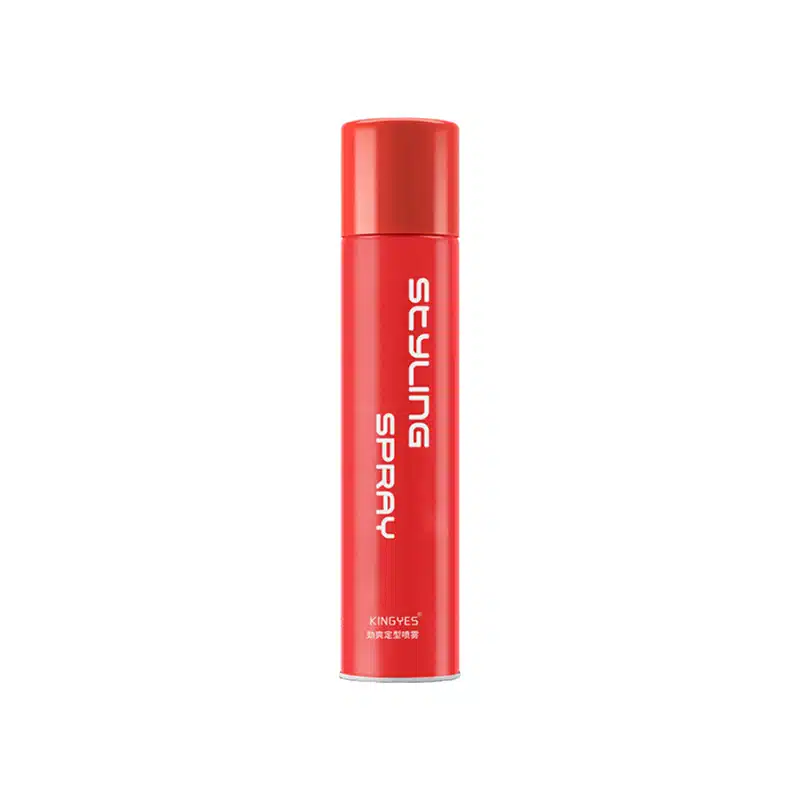
Are Hair Oils Good Or Bad?
Table of Contents
We’ll uncover the secrets behind these oils, helping you make the best choice for your hair type. Read on to discover how the right hair oil can nourish, smooth, and revitalize your hair.
What Are Hair Oils and How Do They Work?
Hair oils are specialized products designed to nourish, hydrate, and smooth your hair. They often contain natural oils like argan oil, coconut oil, and jojoba oil. These oils penetrate the hair shaft, moisturize the cuticle, and help tame frizz.
Key Ingredients in Hair Oils
- Argan Oil: Rich in vitamins, it helps hydrate and smooth hair.
- Castor Oil: Promotes hair growth and nourishes the scalp.
- Coconut Oil: Excellent for dry hair, it moisturizes and adds shine.
- Jojoba Oil: Mimics the scalp’s natural oils, suitable for fine hair.
Are Hair Oils Good or Bad for Your Hair?
The big question: Are hair oils good or bad? The answer isn’t black and white. Hair oils can be incredibly beneficial when used correctly, but they may cause issues if misused.
The Good
- Nourish and hydrate hair and scalp.
- Smooth frizz and add shine.
- Protect hair from heat-styling damage.
The Bad
- Overuse can lead to greasy hair.
- The wrong oil may not suit your hair type.
- Potential buildup if not washed properly.
Benefits of Using Hair Oils
1. Nourishing the Scalp
Hair oils nourish the scalp, promoting a healthy environment for hair growth. Oils like rosemary oil and tea tree oil can even help with scalp issues.
2. Hydrating Dry Hair
For those with dry hair, oils provide much-needed moisture. Coconut oil and argan oil are particularly effective.
3. Smoothing and Taming Frizz
Oils help in smoothing the cuticle, reducing frizz and flyaways. This leaves your hair looking sleek and smooth.
Potential Downsides of Hair Oils
1. Weighing Down Fine Hair
Some oils may be too heavy for fine hair, causing it to look limp. Opt for weightless formulas like verb ghost weightless hair oil.
2. Buildup on the Scalp
Applying too much oil can lead to buildup, affecting the scalp’s health and possibly hindering hair growth.
3. Allergic Reactions
Always check the key ingredients. Some people may be sensitive to certain oils, so a patch test is wise.
Choosing the Right Hair Oil for Your Hair Type
Fine Hair
- Lightweight oils like grapeseed oil and jojoba oil.
- Avoid heavy oils that may weigh hair down.
Thick or Coarse Hair
- Castor oil and argan oil provide deep moisturizing.
- Help tame frizzy hair and flyaways.
Color-Treated Hair
- Use oils that are safe for color-treated hair, like marula oil.
- Protects hair without stripping color.
Top Hair Oils for Different Hair Needs
| Hair Need | Recommended Oil | Benefits |
|---|---|---|
| Dry Hair | Coconut Oil | Deep moisturizing, reduces frizz |
| Fine Hair | Verb Ghost Weightless Hair Oil | Weightless hydration |
| Damaged Hair | Olaplex No.7 Bonding Oil | Repairs and strengthens |
| Scalp Health | Tea Tree Oil | Soothes and cleanses the scalp |
| Frizz Control | Moroccanoil Treatment Original | Smooths and adds shine |
| Hair Growth | Castor Oil | Promotes hair growth |
How to Apply Hair Oil Correctly
- Start Small: Use a few drops; you can always add more.
- Focus on Ends: Apply from mid-length to ends, avoiding the scalp unless needed.
- Wet or Dry Hair: Oils can be used on damp hair before styling or on dry hair for finishing.
- Even Distribution: Use a comb or your fingers to distribute the oil evenly.
DIY Hair Oil Treatments at Home
Nourishing Hair Oil Blend
Ingredients:
- 2 tablespoons argan oil
- 1 tablespoon jojoba oil
- 5 drops rosemary oil
Instructions:
- Mix all oils in a dropper bottle.
- Apply to hair and scalp, massaging gently.
- Leave on for at least 30 minutes or overnight.
- Wash with a mild shampoo.
FAQs About Hair Oils
1. Can I use hair oil on fine hair without making it greasy?
Yes! Choose a weightless oil like grapeseed oil or verb ghost weightless hair oil to nourish without weighing down your hair.
2. How often should I apply hair oil?
It depends on your hair type and needs. For dry hair, 2-3 times a week may be beneficial. For others, once a week is sufficient.
3. Are hair oils suitable for color-treated hair?
Absolutely. Look for oils safe for color-treated hair, like ouai hair oil, to protect and nourish without stripping color.
4. Can hair oils help with hair growth?
Some oils, like castor oil, are known to promote hair growth by nourishing the scalp and strengthening hair follicles.
5. What’s the best way to remove excess oil from hair?
Use a gentle shampoo, possibly requiring two washes. Avoid harsh shampoos that strip natural oils.
Conclusion: Embrace the Power of Hair Oils
Hair oils can be a game-changer in your hair care routine. They nourish, hydrate, and smooth your hair, addressing various hair concerns. Whether you have fine hair, dry hair, or are battling frizz, there’s an oil out there for you.
Key Takeaways
- Choose the Right Oil: Match the oil to your hair type and needs.
- Moderation is Essential: Avoid over-applying to prevent greasiness.
- Application Matters: Proper application ensures the best results.
- Natural Ingredients: Oils like argan, coconut, and jojoba offer numerous benefits.
- Hair Health: Regular use can improve overall hair health and appearance.
Comments
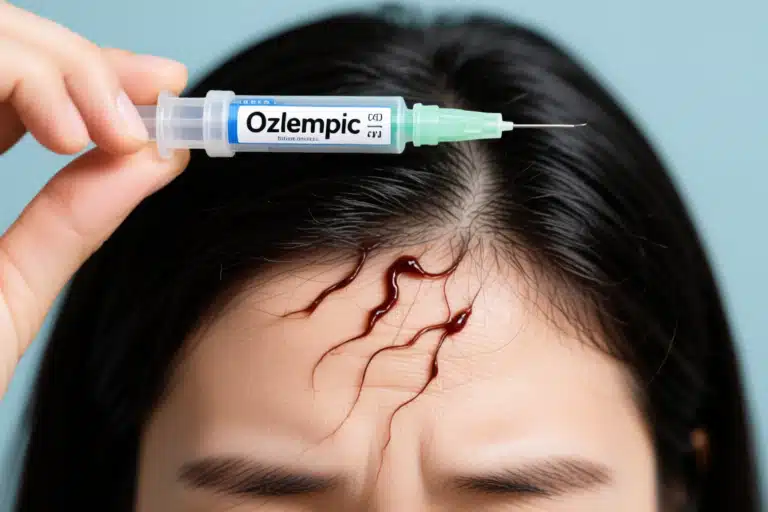
Does Ozempic Cause Hair Loss? The Truth You Need to Know
You step into the shower.
The water runs hot.
You lather your hair with shampoo.
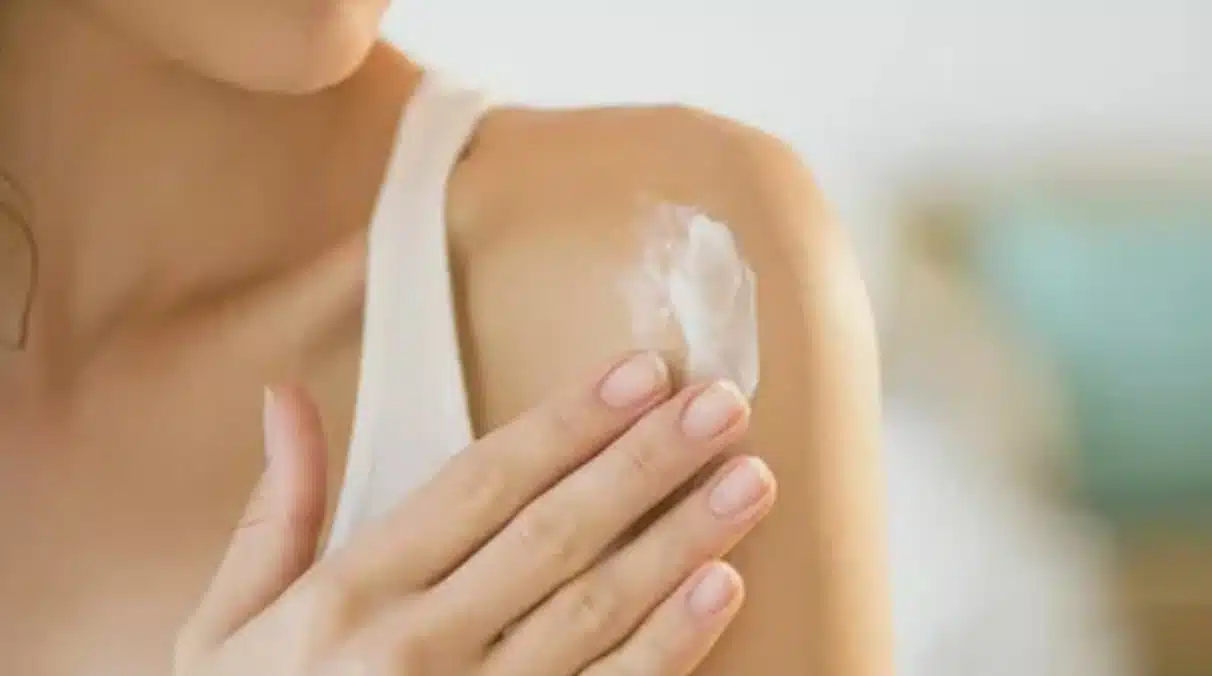
How to Use Body Lotion for Supple, Hydrated Skin
Want to know the best way to use body lotion for soft, glowing skin?
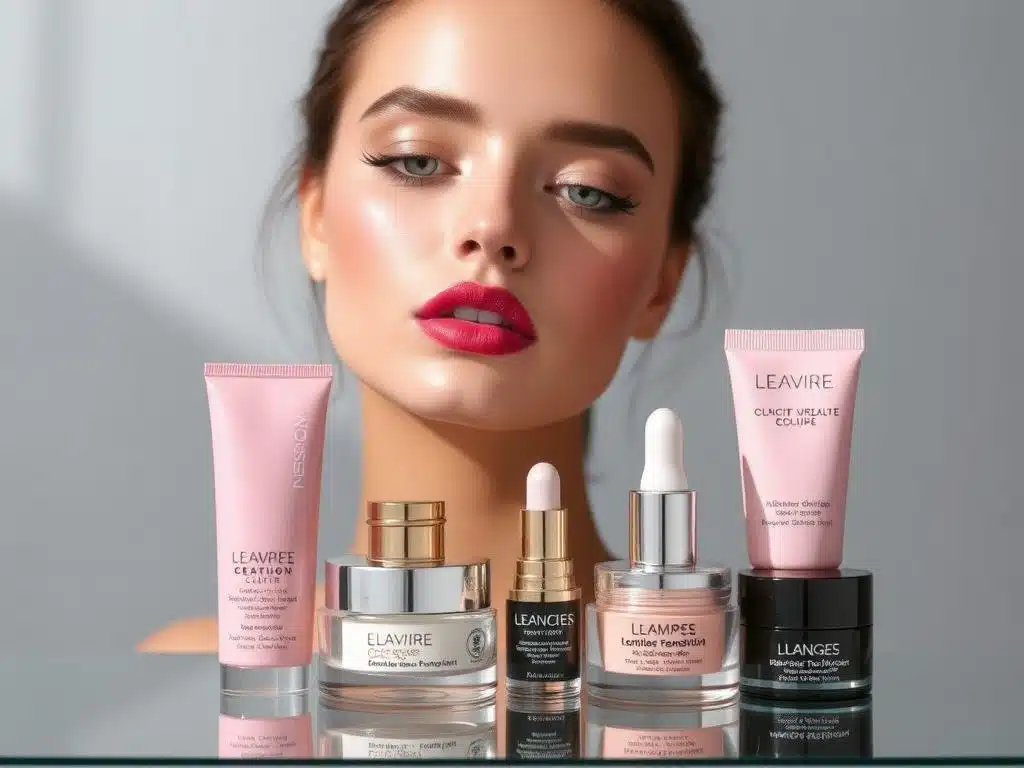
What Is The Largest Beauty Ecommerce?
The beauty industry is experiencing a digital revolution, with ecommerce rapidly reshaping how consumers discover, shop for, and purchase cosmetic and personal care products.
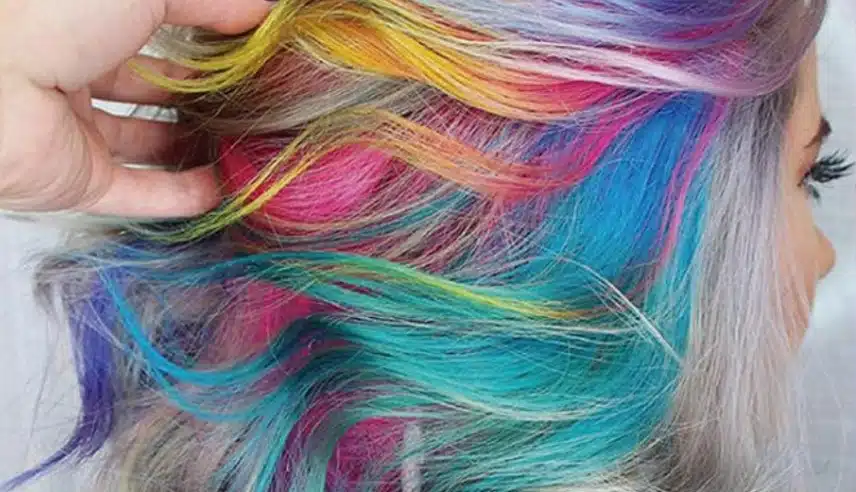
How Long Does Temporary Hair Color Spray Last?
Ever wanted to switch up your look without a long-term commitment?
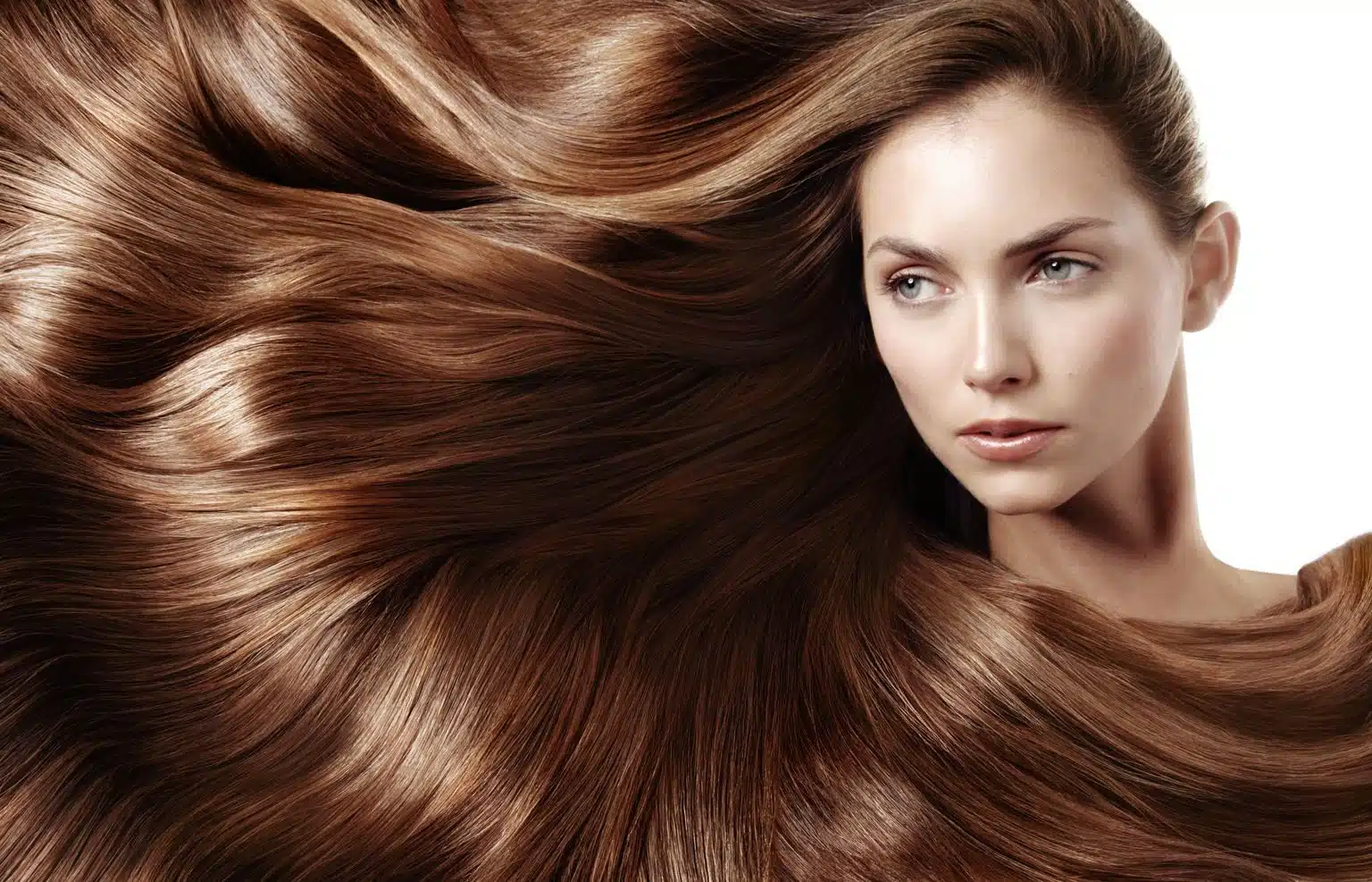
What Is The Rule In Hair Coloring?
Understanding the fundamental rules of hair coloring is crucial for achieving professional-looking results, whether you’re a DIY enthusiast or a salon professional.
- +86 151 1839 7303
- [email protected]
- Mon-Sun 07:00-23:00
Tags

How to Choose a Reliable Cosmetic OEM Manufacturer in China?
How to Pick a Good Makeup Maker in China: A Guide for You.
You possess a concept.
A new face cream. A new hair spray. A new nail color.
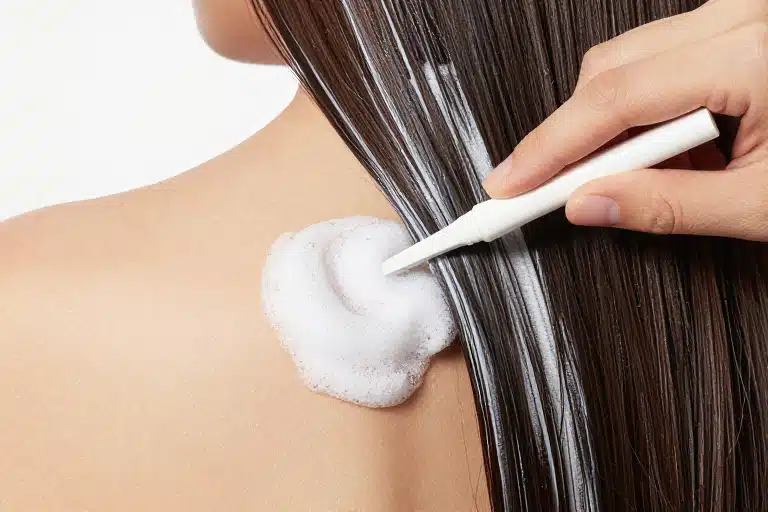
How to Get Hair Dye Off Skin: The Only Guide You Need
Picture this.
You just dyed your hair. You used a new color. It looks great. Your hair shines. You feel happy. You feel like a new person.

How Often Should You Wash Your Hair? The Ultimate Guide
The alarm rings.
You wake up. You stretch. You walk to the mirror.
You look at your hair.

